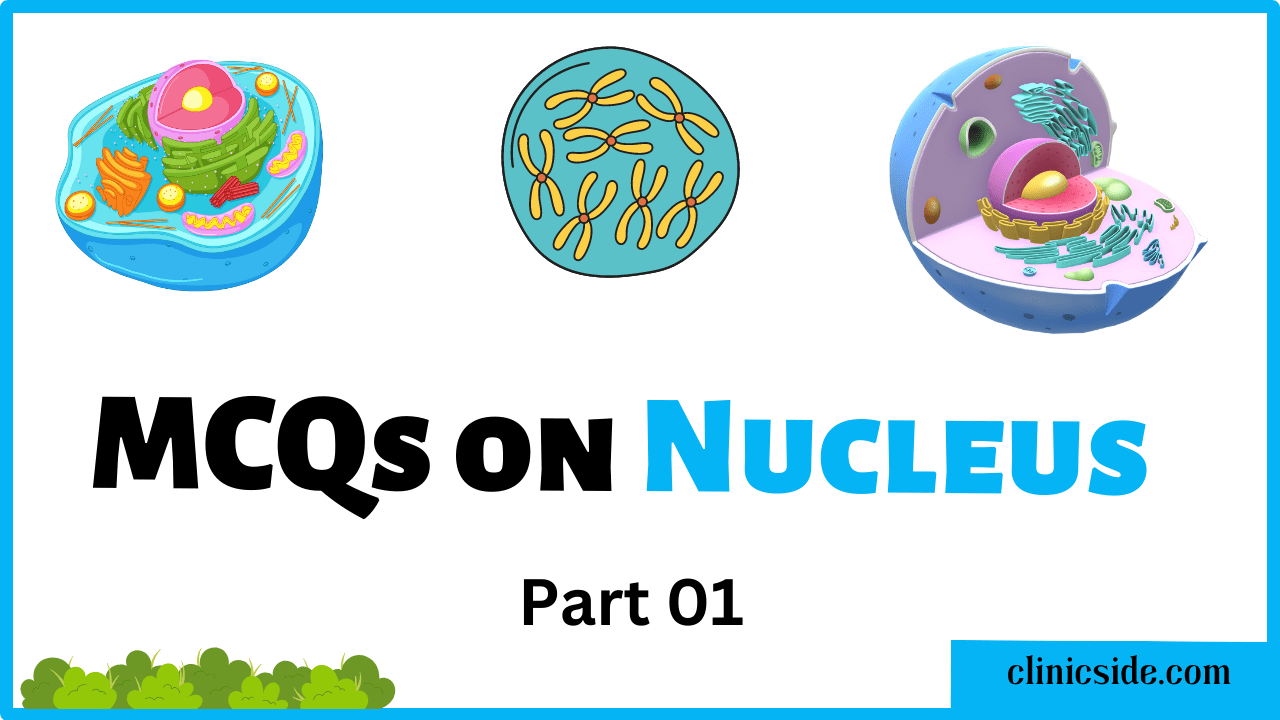The Human Nervous System is one of the most complex and essential systems in the human body. It acts as the body’s communication network, sending, receiving, and processing information every second. From controlling your heartbeat to allowing you to think, move, and feel, the Human Nervous System ensures that your body functions smoothly and efficiently.
Quiz
Available options: 1 to 20
What is the Human Nervous System?
The Human Nervous System is a highly organized network of cells and organs that control and coordinate all body functions. It detects environmental changes (stimuli) and responds appropriately through muscles and glands. In simple terms, it helps you sense, react, and think.
The Human Nervous System can be divided into two main parts:
- Central Nervous System (CNS)
- Peripheral Nervous System (PNS)

1. Central Nervous System (CNS)
The Central Nervous System is the control center of the body. It consists of the brain and spinal cord.
- Brain: The most vital organ of the Human Nervous System, the brain is responsible for thinking, memory, emotions, and decision-making.
- Spinal Cord: Acts as a highway for communication between the brain and the rest of the body. It also controls reflex actions for quick responses.
The Human Nervous System relies on the CNS to interpret information and send appropriate signals to the body.
2. Peripheral Nervous System (PNS)
The Peripheral Nervous System connects the CNS to limbs and organs. It includes all the nerves outside the brain and spinal cord.
It is divided into:
- Somatic Nervous System: Controls voluntary actions such as walking and talking.
- Autonomic Nervous System: Controls involuntary actions like breathing, heartbeat, and digestion.
The Human Nervous System depends on the PNS for transmitting signals to and from the central system.
How Does the Human Nervous System Work?
The Human Nervous System functions through billions of nerve cells called neurons. These neurons transmit electrical signals known as nerve impulses.
When you touch something hot, for instance, sensory neurons in your skin send a message to your brain through the spinal cord. The brain processes this message and sends a command through motor neurons to move your hand away.
This process happens in milliseconds—showing how fast the Human Nervous System works to protect you.
Main Functions of the Human Nervous System
The Human Nervous System performs several crucial functions:
- Sensory Function: Detects changes inside and outside the body.
- Integrative Function: Processes and interprets information.
- Motor Function: Responds by activating muscles and glands.
- Coordination and Control: Maintains balance and body posture.
- Memory and Learning: Stores experiences and enables thinking.
The efficiency of the Human Nervous System determines how well the body responds to its environment.
Major Organs in the Human Nervous System
- Brain – Controls all body activities and emotions.
- Spinal Cord – Connects the brain to the rest of the body.
- Nerves – Carry messages throughout the body.
- Neurons – Functional units of the Human Nervous System that transmit signals.
Together, these organs form an interconnected network that allows humans to interact with the world.
Diseases of the Human Nervous System
Some common disorders that affect the Human Nervous System include:
- Parkinson’s disease – Affects movement and coordination.
- Alzheimer’s disease – Impairs memory and cognitive ability.
- Epilepsy – Causes recurrent seizures.
- Multiple Sclerosis (MS) – Damages nerve coverings.
- Stroke – Occurs when blood flow to the brain is blocked.
Protecting your Human Nervous System through a healthy lifestyle is essential for long-term well-being.
How to Keep the Human Nervous System Healthy
To maintain a healthy Human Nervous System, follow these tips:
- Eat foods rich in vitamins B and E.
- Get enough sleep.
- Exercise regularly to improve blood flow.
- Manage stress through meditation or relaxation techniques.
- Avoid alcohol, drugs, and smoking.
A strong Human Nervous System ensures proper functioning of the entire body and mind.
Interesting Facts about the Human Nervous System
- The brain has over 86 billion neurons.
- Nerve impulses can travel up to 100 meters per second.
- The Human Nervous System starts developing just three weeks after conception.
- Your spinal cord is about 45 cm long in adults.
- Reflex actions occur without the brain’s involvement.
These facts highlight the fascinating complexity of the Human Nervous System.
Final Thoughts
The Human Nervous System is the foundation of life and intelligence. It enables humans to think, move, feel, and respond to the environment. By understanding its structure and function, we can better appreciate how vital this system is to our everyday lives.
Caring for your Human Nervous System through proper nutrition, rest, and mental health practices is key to a healthy and active life.





